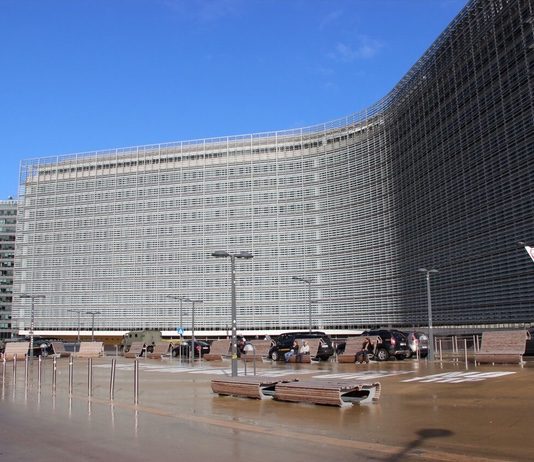by Mariarita Cipersito –
The European Parliament has approved the Artificial Intelligence Act, the first bill that aims to introduce a common regulatory framework for artificial intelligence software within the European Union so as to bind new technologies to compliance with EU laws and fundamental principles.
The positive opinion from Strasbourg received a large majority with 499 votes in favour, 28 against and 93 abstentions, and the text has not undergone any changes compared to the proposal presented in recent weeks.
There are four levels of application risk identified by the Commission: Unacceptable risk, for systems that violate European values and which cannot be used within the Union; high risk, for systems that have controversial effects on personal rights and security and for which the EU requests the existence of a series of requirements; limited risk, for systems that do not involve particular dangers and for which only a limited number of requirements are required (e.g. transparency); minimum risk, when there are no particular legal obligations;
The European Parliament completely rejects the use of real-time biometric recognition technologies in public places, rejecting the amendment which proposed some exceptions to this ban in order to be able to use facial recognition cameras in the streets and at the borders of the Union for security reasons or in the case of missing minors.
Among the technologies included in the hypotheses of unacceptable risk, therefore prohibited, there are social scoring systems (already used in China), which evaluate individuals based on their behavior, as well as predictive police tools (in use in the United States), that use data to define in advance the dangerousness of an individual. Also prohibited are systems that target users considered vulnerable, such as children, and subliminal manipulation that can lead to harmful consequences.
Among the penalties provided by the Regulation for those who do not meet the requirements for high-risk systems or for those who disseminate prohibited applications include fines of up to 30 million euros or equal to 6% of the annual turnover of the responsible company, which for giants like Google or Microsoft could translate into billions of dollars.
“We were the first Chamber in the world to vote on an overall regulation on Artificial Intelligence”, said the EU Commissioner for the Internal Market, Thierry, on his social channels. “This vote demonstrates that we can reconcile trust and innovation”.
